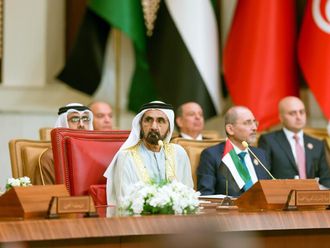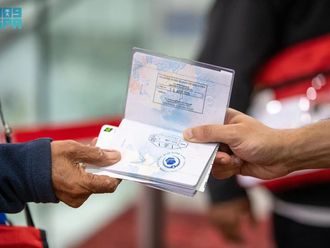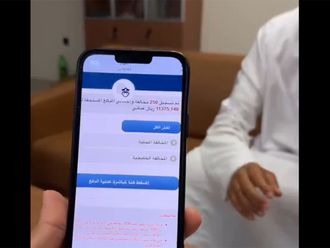Foreign residents leaving Kuwait will have to present a clearance certificate indicating that they have paid their water and electricity bills before they are allowed to travel, a Kuwaiti daily has reported.
According to Awan, the interior ministry has asked its competent staff to enforce the new regulation to help the ministry of electricity and water collect its outstanding electricity debts from defaulters.
Expatriate employees working for ministries and some other government institutions must obtain exit permits before they can leave Kuwait. The electricity clearance will be among the papers required to obtain the permit.
Faced with the formidable task of collecting millions of dinars in unpaid bills, the electricity and water ministry has been looking at several options, including putting pressure on expatriate workers overdue electricity bills.
However, the ministry with no right to prevent anyone, citizen or expatriate, from leaving the country without obtaining a travel ban from the court, needed assistance from the interior ministry, the only body that controls the country's borders and points of entry and exit.
According to local media reports, the electricity and water ministry has had major difficulties collecting outstanding bills, resulting in huge losses. The ministry in 2008 tallied outstanding bills at KD 226 million ($795,550,000). Residential users, both Kuwaitis and non-Kuwaitis, owed KD 160 million ($563,221,000), while the investment and commercial sectors owed KD 49 million ($172,486,000) and governmental departments owed KD 17 million ($59,842,000).
An attempt to collect outstanding millions from Kuwaiti nationals waded into controversy after the ministry issued massive back bills, prompting vociferous protests. The parliament succeeded in guaranteeing KD 2000 ($7,000) credits to Kuwaitis toward their debts, but the measure did not include expatriates.
In 2007, the government floated an idea to implement a prepaid electricity and water system that makes residential, commercial and investment building residents buy water and electricity services in advance.
In October, an official from the electricity and water ministry said that the ministry would implement the "prepaid power meter" system in apartments, shops and malls, but not in large private homes that belong to a high-bracket segment of consumers.












